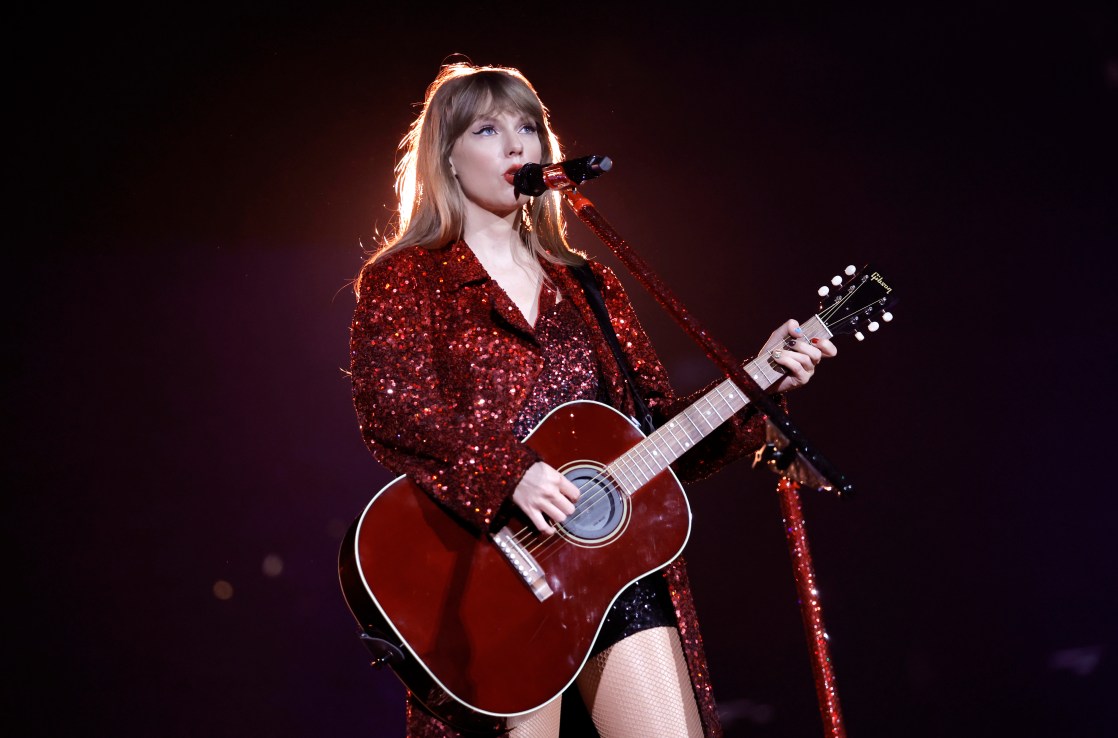Labour’s ticket resale price cap plan could risk ‘black market’, Viagogo warn
Labour’s pledge to crackdown on ticket touts has been welcomed by the events industry, despite warnings from one resale site it could risk creating a “black market” for fans.


The events industry has welcomed Labour’s pledge to crack down on ticket touts despite warnings from one resale site that it could risk creating a “black market” for fans.
Party leader Sir Keir Starmer told the Labour creatives conference on Thursday: “We can’t let access to culture be at the mercy of ticket touts who drive up the prices.
He pledged: “A Labour government will cap resale prices so fans can see the acts that they love at a fair price.”
The party says it will address ticket touting – buying up tickets to sell on at inflated profits – by capping resale prices and giving the Competition and Markets Authority (CMA) powers to regulate resale platforms, as part of Labour’s Creative Industries sector plan.
Cris Miller, boss of resale platform Viagogo, told CityAM that “price caps create a black market” which sees resale transactions “driven underground” removing customer “security”.
He said: “Ticket resales have existed for as long as live entertainment has existed. Our business model is exclusively around safety and security and trying to put order around the resale marketplace. We have been heavily regulated by the CMA already.”
It comes after a vote last night in the House of Lords saw the government defeated as peers backed an amendment to the Digital Markets, Competition and Consumers Bill (DMCC) which would crackdown on abuses by ticket touts who leave sport and music fans “scalped”.
The move also follows the conviction of a family of “dishonest” ticket touts at Leeds Crown Court who sold tickets worth over £6.5m on secondary ticket sites in two-and-a-half years.
Adam Webb, campaign manager at FanFair Alliance, said Labour’s move was “positive news” and described the secondary ticketing market as a “completely artificial construct”.
He added: “New legislation has the potential to break that cycle, to put fans first, and to make the UK’s live events sector the envy of the world.”
Webb said the government had taken over 18 months to respond to and dismiss the CMA’s recommendation to bring in stronger laws to protect consumers from rogue traders.
Ministers said the government wanted to focus on protecting people via the DMCC Bill, and claimed additional regulation and enforcement would see costs passed onto ticket buyers.
Miller also stressed: “Viagogo is currently regulated, highly regulated, in this market and that’s been the case since 2015.
He encouraged Labour to consult with Viagogo and other resellers, adding “we understand how important live entertainment is to to fans”.
“We believe in a free market – there’s going to be an imbalance for certain events… maybe five per cent, where there is a material imbalance between demand and the supply available.
“What price caps don’t consider is that you cannot regulate demand out of the market. You cannot regulate the fan that wants to go see Taylor Swift.”
And Computer and Communications Industry Association (CCIA) director Matthew Sinclair said there could be “worrying implications for wider regulation” that may threaten online trust.
Policymakers, he said, require platforms to strive to keep consumers secure, but “any false information is the responsibility of the person spreading the falsehood” – and changes to this principle risk making it “impractical” to run a website without original ticket purchase details.
“Labour should carefully consider any changes to platform liability that could hurt consumer interests and fray international norms around online safety regulation,” he said.



